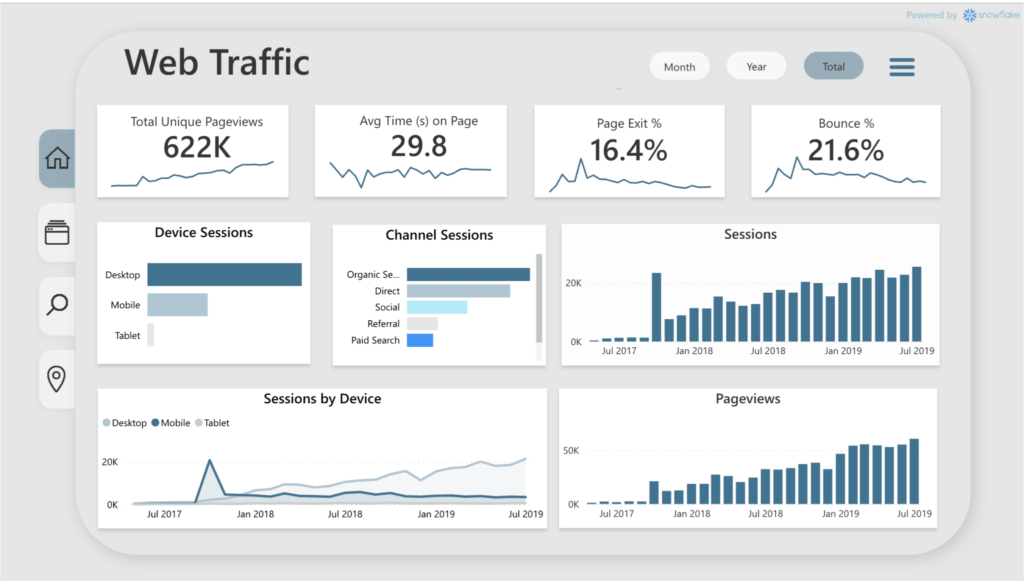Social media has changed the way businesses and individuals connect, communicate, and market their products. While it offers incredible benefits, it also comes with challenges. Understanding both the advantages and disadvantages of social media can help businesses make informed decisions about their digital marketing strategies.
Advantages of Social Media
1. Increased Brand Awareness
Social media platforms like Facebook, Instagram, LinkedIn, and Twitter allow businesses to reach a global audience. Consistently posting valuable content helps:
- Build brand recognition
- Attract potential customers
- Keep your business visible in a competitive market

2. Cost-Effective Marketing
Unlike traditional advertising, social media marketing is affordable. Businesses can start for free with organic content and later invest in paid ads to expand their reach. Running well-targeted ad campaigns can help generate higher returns on investment (ROI) with minimal spending.
3. Direct Customer Engagement
Social media allows businesses to interact directly with their customers through:
- Comments and replies
- Direct messages
- Live chats and Q&A sessions
This builds trust and loyalty, making customers feel valued and connected to the brand.
4. Increased Website Traffic and SEO Benefits
Sharing links to your website on social media can boost traffic and improve search engine rankings. Engaging content encourages sharing, which leads to more backlinks and a stronger online presence.

5. Lead Generation and Sales Growth
Social media platforms provide businesses with opportunities to generate leads and increase sales. Features like Facebook Shops, Instagram Shopping, and LinkedIn Lead Forms make it easier for businesses to convert followers into customers.
Disadvantages of Social Media
1. Time-Consuming
Managing social media accounts requires constant effort. Businesses need to:
- Post regularly
- Engage with followers
- Respond to comments and messages
Without a proper strategy, social media marketing can become overwhelming and ineffective.
2. Negative Feedback and Public Criticism
Businesses are exposed to public reviews and feedback. While positive reviews help, negative comments can damage reputation. Handling criticism professionally and responding quickly is essential to maintain trust.
3. Privacy and Security Concerns
Social media platforms collect user data, which can be a risk if not managed properly. Businesses must be cautious about:
- Cybersecurity threats
- Data breaches
- Protecting customer information
4. Algorithm Changes Impact Visibility
Social media platforms frequently update their algorithms, affecting how content reaches audiences. A post that performs well today may not get the same reach tomorrow. Businesses must stay updated with changes to keep their engagement high.
5. High Competition
With millions of businesses using social media, standing out is challenging. Companies need unique and high-quality content to capture attention and retain their audience.
Final Thoughts: Is Social Media Worth It?
Despite the challenges, social media remains a powerful tool for businesses looking to grow their brand, engage with customers, and drive sales. The key is to have a well-planned strategy that maximizes the advantages while minimizing the risks.
Need Help with Social Media Marketing?
If you want to improve your social media presence, boost engagement, and increase conversions, our team at Social Media Max is ready to help. Contact us today to start your journey toward success.